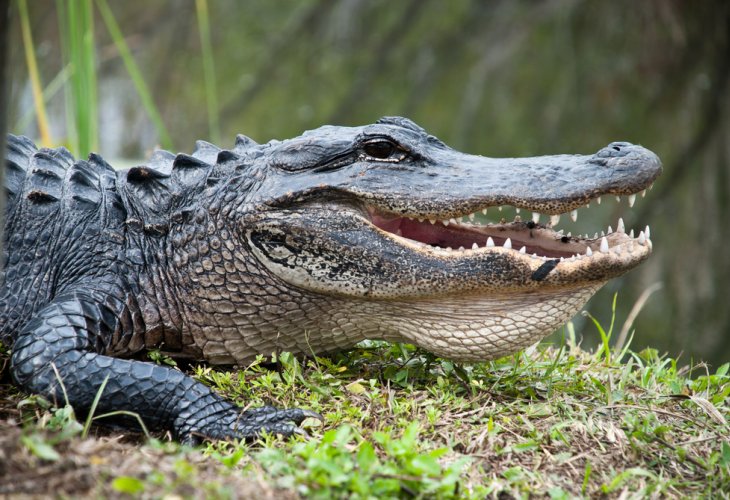Wonders of Creation
The Divine Design of Human Teeth: Why We’re Different from Crocodiles
Exploring the wisdom of human design, the miracle of teeth, and the spiritual meaning behind dentistry
 (Photo: shutterstock)
(Photo: shutterstock)Uri asks: "Hello. A knowledgeable dentist saw me holding the book Chovot HaLevavot (Duties of the Heart) and asked if it mentions teeth. I showed him a passage in the ‘Gate of Reflection,’ which describes God’s kindness and wonders in creating the human body. Among them, it mentions that teeth do not all grow at once, which is itself a kindness. The dentist then asked: if everything is designed so wisely, why didn’t God make human teeth like a crocodile’s? When a crocodile’s teeth break, they simply grow back, and it never needs a dentist. I’d be grateful for an explanation."
* * *
Thank you for your thoughtful question, Uri.
The Creator designed every creature with wisdom that matches its unique needs. Crocodiles live a very different kind of life than humans, and so their teeth serve a completely different purpose.
Crocodiles are carnivores. They catch and hold their prey with a sudden, powerful bite. Unlike lions or tigers, they don’t use claws, only their jaws. Their teeth must therefore be extremely strong and constantly replaced, because they often snap while gripping struggling prey. Crocodiles are also aquatic animals. Their teeth endure rotting flesh stuck between them, stagnant water, and a multitude of bacteria.
Unlike mammals, crocodiles frequently replace their teeth. Young crocodiles swap their smaller teeth for larger ones at the rate of about one tooth per month. Adult crocodiles replace their teeth roughly every two years. Over a lifetime, a crocodile can go through around 3,000 teeth. However, this system is not simple: crocodile teeth are hollow, so that new ones grow inside the old ones and push them out.
This comes with trade-offs. Crocodile teeth are not neat, straight, or beautiful like human teeth. They are rough, widely spaced, and lack incisors and molars for cutting and grinding food. Their mouth is adapted for gripping and tearing prey, not for chewing food properly. Humans, by contrast, received the exact dental system they need for their lives.
The Miracle of Human Teeth
If you had asked your dentist to share, I’m sure he could amaze you with the wonders of human teeth.
Humans have 32 teeth — 16 on the top and 16 on the bottom, aligned to cut and grind food efficiently. Each tooth is covered with enamel, the hardest substance in the human body. Beneath it lies dentin, a living tissue that supports the tooth for many years. If teeth were made of dead material, they would quickly wear out.
The arrangement of incisors, canines, and molars ensures food is cut, crushed, and ground thoroughly before entering the digestive system. Teeth grow with the person from infancy to adulthood, adapting to pressure over time. This balance of structure and function makes human teeth perfectly suited for their role.
To ask why humans don’t have “more” or “better” teeth is like someone being given pure gold as a gift, only to complain that he didn’t receive twice as much.
A Spiritual Perspective
Beyond biology, there’s also a spiritual answer. We do not live in Eden, but in a world of trial and growth. Human life was designed with challenges and imperfections so that we can take part in refining ourselves and the world.
That’s why humans don’t have eagle’s eyes, or canine-like hearing, or bodies covered in fur. Instead, we were made to build clothing, shoes, tools, and yes, even dentistry. Doctors and healers are not flaws in creation, but part of the society that God intended humans to create.
As the Talmud says: “From the verse ‘and he shall surely heal’ (Shemot 21:19), we learn that permission is given to the physician to heal” (Bava Kamma 85a).
The fact that we visit dentists is not a weakness, but a reminder that human beings were intended to live as humans, not crocodiles.

